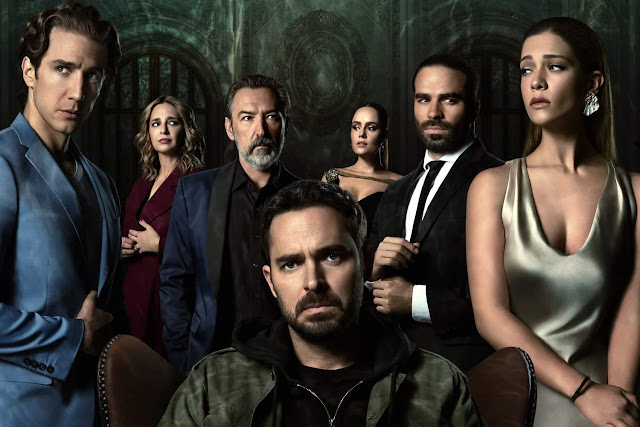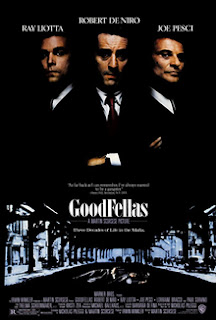Over the past 15 years, I've won a couple of awards and not-quite won a few others. RT's discussion of his Edgar-winning story last week made me think about what that really means. This is a completely unscientific assessment, but maybe there's something you can take away from it anyway.
If you're barely published, some of these figures may apply to your chances of making a sale as well as your winning an award. The salient feature in either case is that you have to write the best story you can. You've heard that before.
Gamblers know the odds before they toss money on the table, and here are some of the numbers for publishing. They keep changing, but this will give you the idea.
Years ago, Alfred Hitchcock's Mystery Magazine received over 40,000 story submissions a year, and published about 75 of them. If all the stories were of equal quality, which, of course, is not the case, your chance of being selected was one in 533. I don't know how many stories come in now, but the magazine now publishes six issues instead of ten, and roughly the same 75 stories. If there are fewer submissions, the odds are slightly better.
This morning, the Mystery Writers of America Edgars site lists 173 books eligible for the Best Novel of the year and 166 stories for the Best Short Story. The eligibility period runs from December 1 to December 1, so it's slightly more than half over. The year I was a finalist, there were 408 short stories, which meant the chance of becoming a finalist (again, all things equal, which they aren't) were 81 to 1. Theoretically, the chance of winning from those finalists was five to one. Getting there was the problem. The weeding out is the same in other awards, too, the Agatha, Derringer, Shamus, and all the others.
In the 1990s, Connecticut introduced the Connecticut Academic Performance Test (CAPT) in high schools. I've never been a fan of standardized tests, but the Language Arts portion of that test had the clearest and most concrete set of criteria I've ever seen for evaluating writing. When my colleagues and I used it for grading practice tests, we almost never disagreed on a score. I liked it so much I've used something like it for a rubric when I edit or judge even now.
Several years ago, I was a judge for the Al Blanchard Award, sponsored by MWA New England. I read all of the 141 stories submitted because only a few came in early and 41 were submitted the last day of the three-month deadline. Really. I rated each story from 1 (low) to 10 (high) and kept a spreadsheet of why: too much backstory, unbelievable or impossible ending, inconsistent character, good/bad dialogue, etc. It was inspired by the CAPT test from the 90s.
I gave 50 stories--over 1/3 of the entries--a grade of 1. Only a dozen earned a grade of 7 or higher, one of them an 8.
Now, the important part. I was one of four judges who had to turn in their top ten stories so the others could read the top 40. I'd already read every story (No, I don't have a life), so I already had notes on the other stories already. I looked at my notes and re-read the stories, but changed no scores. NONE of my top twelve stories made the cut from any other judge. In fact, the eventual winner only got a five from me.
I've had a similar experience judging the Derringers for the last two years. I read many of those stories before they're nominated because I subscribe to several of the source magazines. Stories that I consider brilliant seldom make the cut. Obviously, I have tastes that run outside the lines. But in judging the Flash Fiction (the only length I can judge because I don't write in it), three of my top five stories have been finalists both times I've judged because the other nine judges agree.
We can objectify and quantify only so much, and it's true of both judges and editors. People with experience and (maybe) training can narrow down a group of stories that are "better" or "worse" than others, but within that select sample, it's a matter of individual taste and preference. One person doesn't like noir. Another wants a surprising plot twist. Yet another pays more attention to prose style than the others. And so on.
How do you stand out? You write a damn good story. MAYBE you include something a little exotic that readers can latch on to. RT's Edgar winner involved a landmark in Hawaii. People know it and it's unusual. That's not the only reason he won, but it certainly didn't hurt.
Remember to add a little bit of yourself. THAT will make the story unique so the editor or judges notice it. You've got to be noticed.
Easy, huh? Sure it is.
Now forget about all the odds and go write that damn good story.
.jpg)
.jpg)










 Singsaas Church Pastor Jason Hartung
Singsaas Church Pastor Jason Hartung





.jpg)

